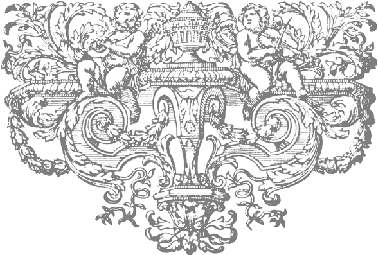![]()
A Franco-Flemish double-manual harpsichord,
![]()
The keywell of the Franco-Flemish harpsichord
David Henrie photographer
This photograph shows the beautiful decoration of the keywell of the Franco-Flemish harpsichord. The quality of the decoration of the nameboard indicates that it must date to the 1786 ravalement by Nicolas Hoffmann, and is just about the only decoration on the instrument from this time. The namebatten once had a fake signature "IOANNES RUCKERS ME FECIT ANTVERPIĂ", but this seems to have disappeared at the time of the 'restoration' of the instrument by Roberto de Regina in 1970 in Buenos Aires.
The white keyboard with naturals of ivory and with ebony sharps is unusual for a French harpsichord of this period. Usually a French harpsichord would have had ebony-covered naturals and black-stained pear and bone-topped sharps. However, Jacques Barberini, whose calling card was found on the top of the baseboard when the instrument was opened in 1970, is known to have dealt in English harpsichords and pianos around the time of the 1786 ravalement. The use of ivory naturals and ebony sharps in this instrument may be explained because this was the normal custom in English keyboard instruments of the time, and Barberini chose to follow this tradition rather than the usual French custom of the time.
